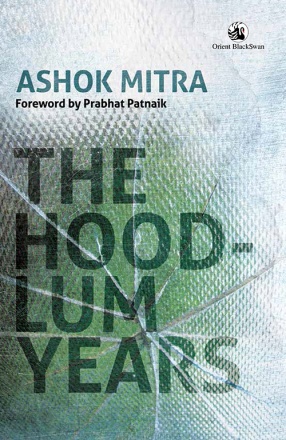
Showing all 9 books

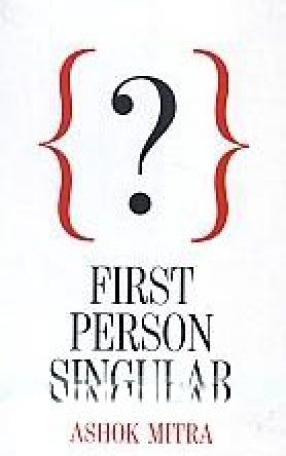
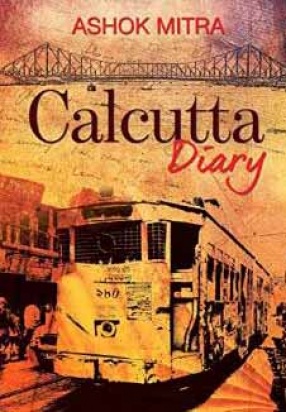
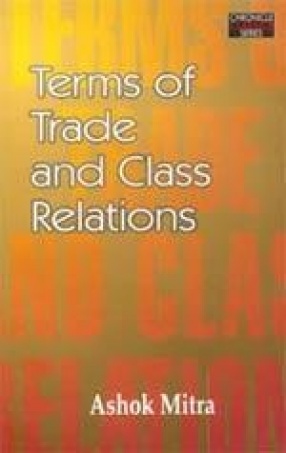
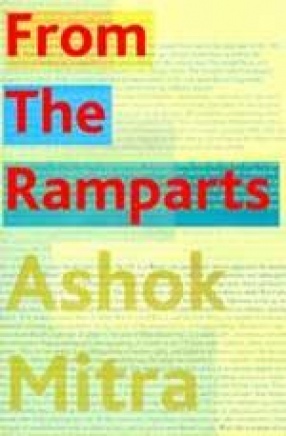
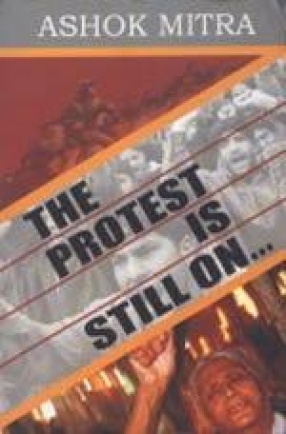

The Hoodlum Years refer to the years of terror and agony that India passed through in the early-mid 1970s and culminated in the Emergency. At the time Ashok Mitra contributed a series of sensitive essays to the Economic and Political Weekly that tellingly and powerfully portrayed the horror of those years. This volume contains a selection of these essays, written during 1972–75 and between January and April 1977.
The claustrophobic season of 1972–77, ...


The essays in Calcutta Diary first appeared in the Economic and Political Weekly during the infamous 21-month Emergency imposed in India between June 1975 and March 1977. Interestingly, Ashok Mitra had worked with former Prime Minister Indira Gandhi who had imposed the Emergency. The essays recount aspects of a unique and particularly difficult phase in contemporary Indian history. This new edition includes a foreword by eminent social scientist, Partha ...

An outstanding piece of work in political economy, Ashok Mitra’s Terms of Trade and Class Relations was originally published in London in 1977 but has been unavailable for over twenty years. The book presents a novel analysis and a historical account of a crucial phase of India’s post-Independence development. At a deeper level, the book puts forward the general proposition that social distribution of income, and hence by implication the process of economic ...

A selection from Ashok Mitra’s famed ‘Calcutta Diary’ in the Economic and Political Weekly, these short essays chronicle the troubled times on the subcontinent from 1999 to 2003. Ashok Mitra’s column in the Weekly had run from the early 1970s, with important gaps during which Mitra held political office, and each single piece had taken up one or more of the burning issues of the day and subjected them to a remorseless and incisive dissection. Ranging from ...

The Protest Is Still On is a selection of articles from Ashok Mitra's Column, 'Cutting Corners', which appeared in the Telegraph over a period of more than two decades between 1982 and 2006. When issues concerning the development of the Indian economy in the context of globalization are generating such intense interest, we expect this collection will add a significant dimension to the on-going discussion.
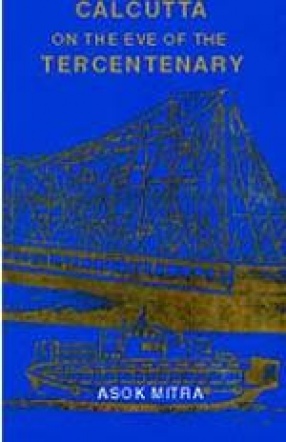
The author's professional involvement with Calcutta began with his census taking of the primate city in 1951 and continued through his work in the Development and Commerce and Industries Departments of West Bengal up to 1958. Thereafter, the Census of India in 1961, followed by two long spells in the planning Commission and another nine years of teaching and research in Jawaharlal Nehru University during 1973-83 enabled him to widen and deepen his perceptions. ...
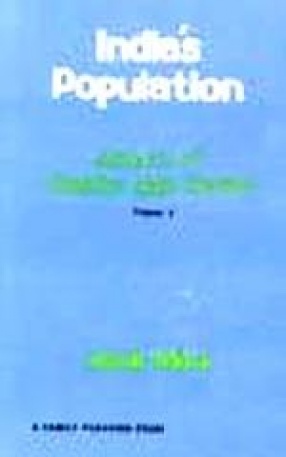
There is enough justification for the assumption that while the family planning programme must be quick ended in pace, other nationwide synergistic social and economic programmes must be intensified simultaneously to obtain greater mileage out of the programmes of population control. Without such concurrent, supportive measures the success of population control as a one-shot measure, operated however vigorously over a short span of time is very likely severely to ...
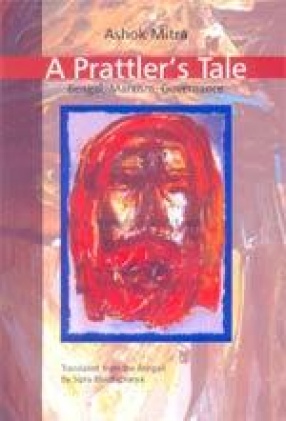
Offering a thought-provoking, incisive analysis of Bengal and India, Ashok Mitra's memoirs, translated for the first time into English from the Bengali original, Apila-Chapila (Ananda, 2003), brings contemporary India alive, Growing up in British India, in old East Bengal, as a member of the Bengali middle class, he dissects its ideals, foibles, prejudices and flaws. The Partition of India found him and his family in the new country of East Pakistan that ...
